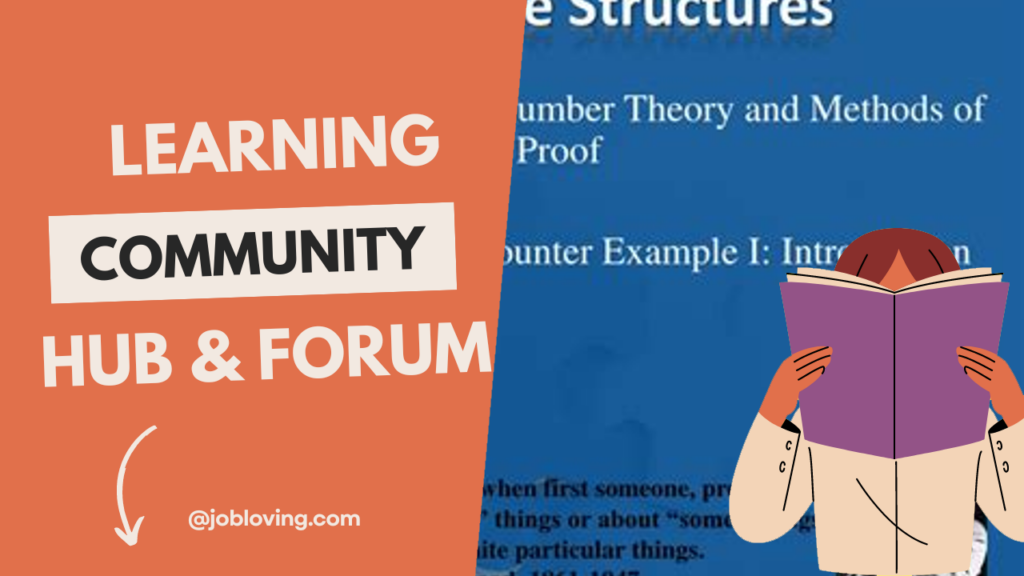Have you ever wondered if the world of math is a treacherous maze or just a walk in the park? When it comes to math courses, students often find themselves grappling with the age-old debate: is discrete structures harder than linear algebra? Both fields present their unique challenges, but let’s dive into how they compare and which one might really make you break a sweat!
The Short Answer: Discrete structures are generally considered easier than linear algebra.
Many students regard linear algebra as a strenuous endeavor. It often delves into concepts such as vector spaces, linear transformations, and complex matrices, which can leave even the brightest minds feeling a little over their heads. On the flipside, discrete mathematics typically serves as an introductory course in most STEM programs. It covers foundational topics like logic, set theory, and combinatorics, paving the way for more advanced mathematical thinking but usually without the heavy calculus backdrop that linear algebra carries. Therefore, most students find linear algebra to be more challenging than discrete structures.
In conclusion, while both fields have their complexities and might send you down an existential rabbit hole at 2 a.m. with a cup of coffee in hand, linear algebra often takes the crown when it comes to difficulty. But don’t let that discourage you! Embrace the challenge and remember—every mathematician starts as a beginner. If you’re itching for more insights or have questions about your math journey, consider joining the JobLoving community for tons of resources and support. Let’s conquer that math maze together!
Key takeaways about Is discrete structures harder than linear algebra?
Difficulty Perception and Student Experiences
- Many students find linear algebra harder than discrete mathematics, particularly due to its abstract nature.
- Students often find that organizing inputs and operations helps demystify the processes involved in linear algebra.
- Many students perceive discrete mathematics as more difficult due to its abstract nature and proof requirements.
- Different teaching methods in discrete math versus linear algebra can influence students’ perceptions of difficulty.
- Students frequently find that discrete math’s logical rigor contrasts sharply with linear algebra’s more straightforward applications.
Conceptual Complexity and Understanding
- Linear algebra requires robust reasoning and analytical skills, making it more challenging than introductory courses.
- Understanding eigenvectors and abstract vector spaces can significantly increase the difficulty of linear algebra.
- Many students compare linear algebra’s difficulty with calculus, often finding calculus easier to grasp conceptually.
- The abstract nature of linear algebra requires a shift in understanding from prior mathematical experiences.
- Discrete mathematics often requires more logical reasoning and rules compared to linear algebra coursework.
- The complexity of discrete math can be daunting, especially for those new to proof-based approaches.
Abstract vs. Visual Learning Approaches
- Students often struggle with linear algebra as it lacks intuitive visual representations common in earlier math.
- Visualizing matrices and their operations can help simplify complex linear algebra concepts for better understanding.
- Discrete structures typically cover diverse concepts, contrasting with linear algebra’s focus on foundational ideas.
- The transition from concrete mathematical functions to abstract algebraic manipulations poses challenges for many students.
- Developing an intuitive approach towards linear algebra can make the subject more accessible and interesting.
Proof Techniques and Logical Reasoning
- Proof techniques in discrete math, like induction, add complexity and challenge for many students.
- Errors in discrete math proofs can lead to cascading failures in subsequent calculations or conclusions.
- Mastery of proof techniques is essential for success in discrete mathematics and contributes to perceived difficulty.
- Students often struggle with the variety of proof types required in discrete mathematics coursework.
- First exposure to proof-based courses generally presents challenges, regardless of the specific mathematical discipline.
Mastery and Interconnections Between Subjects
- Mastery in linear algebra can lead to greater comfort in tackling calculus and other advanced mathematics.
- Courses in linear algebra typically follow calculus I, suggesting a foundational knowledge is critical for success.
- Regular engagement with problem sets can gradually enhance understanding and reduce perceived difficulty in linear algebra.
- The interconnection between linear algebra and other mathematical disciplines often adds to the complexity of learning.
- Familiarity with linear algebra concepts may reduce perceived difficulty in subsequent discrete mathematics courses.

